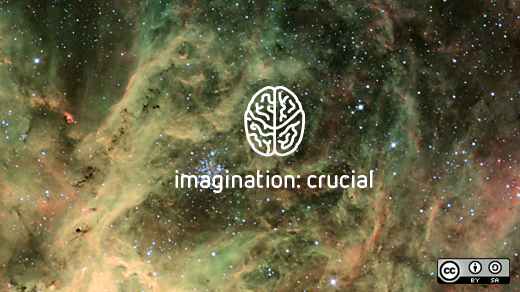Eben Moglen's keynote address at LinuxCon last week, "Doing What it Takes: Current Legal Issues in Defending FOSS," called for a strategic shift in the free software movement. Moglen, the founding director of the Software Freedom Law Center (SFLC) and one of the principal drafters of the GPLv3, said the economy of sharing and the economy of ownership are not mutually hostile, but mutually reinforcing, then outlined three steps for ensuring the continued coexistence between the free software and business communities. For those who missed Moglen's speech, here is a summary of his ideas on what it will take to ensure the health of the FOSS ecosystem.
Step one: Careful navigation through the shoals of the patent system
"Our copyright arrangements are safe, and everyone can see that. People are doing hundreds of billions of dollars of commerce around the world based on it. The patent crisis, however, is not going to go away. We learned that from the Supreme Court at the end of this long term, waiting week-by-week for Bilski to come down. Now we're in a situation where in the U.S., clarity on the relation of patents to software is not coming any time soon...
"We're going to have to deal with it slowly, carefully, and precisely. Institutions of common patent defense for freedom are coming to exist in the same coexistence between the economy of owning and sharing. In this context the OIN is a crucial, but not the only, example. The role-play by OIN as industry leader and defender of the community is effective, constant and important.
"[Richard Stallman] has said there's no way to cure malaria by swatting mosquitoes--you have to drain the swamp. Unfortunately we can't drain the swamp in the near future. So we need effective public hygiene that isn't based on draining the swamp..What it will take is careful, constant, expensive, and difficult attempts to make the patent system part of the coexistence between freedom and business instead of a constant irritant and threat."
Step two: Encourage a new generation of hackers and globalize coexistence and compliance
"Technical people put free software inside business before business knew it was there or what it meant. And the people who taught business about free software were technical people who both made the software and made it understandable to the organizations in which it worked.
"Now in the tidal wave of economic development, large, sophisticated organizations are coming to free software as a commodity product. Their engineers are not the leading edge of education, nor did they have lengthy experience in free software before their businessmen decided to bring products to market with free software inside. That makes compliance more difficult, and it makes managing coexistence more difficult.
"Globalization is part of why GPLv3 had to be done the way it was--by taking largely Americanized legal arrangements and making them work in the rest of the world. It was a successful undertaking, but it was just the beginning... We need ways to encourage new generation of hackers. We need to make sure we continue to generate...disruptive ideas about how to use free software in business.”
Step three: Imagination
"At the beginning of this process, we had many imaginative lawyers with us in industry, government, and the free world. Those people are aging. Inevitably businessmen retire, lawyers burn out, and it seems golf becomes very entertaining at some point in your life. The replacement of that imagination is crucial.
"It's crucial to the system to keep imagination in the businesses thinking of new ways to compete using free software. Nobody can get complacent. If we become complacent, we will fail the system of coexistence. We will fail the promise we have among ourselves that the people making freedom can also help the people who love business.
"We need careful navigation through the shoals of the patent system. We need to spread the ideas we have into places with talented hackers who grew up in proprietary worlds and are coming to free software through their businesses. And we need to generate interesting, powerful new ideas for free software to make good business."
Moglen concluded to a standing ovation.







2 Comments